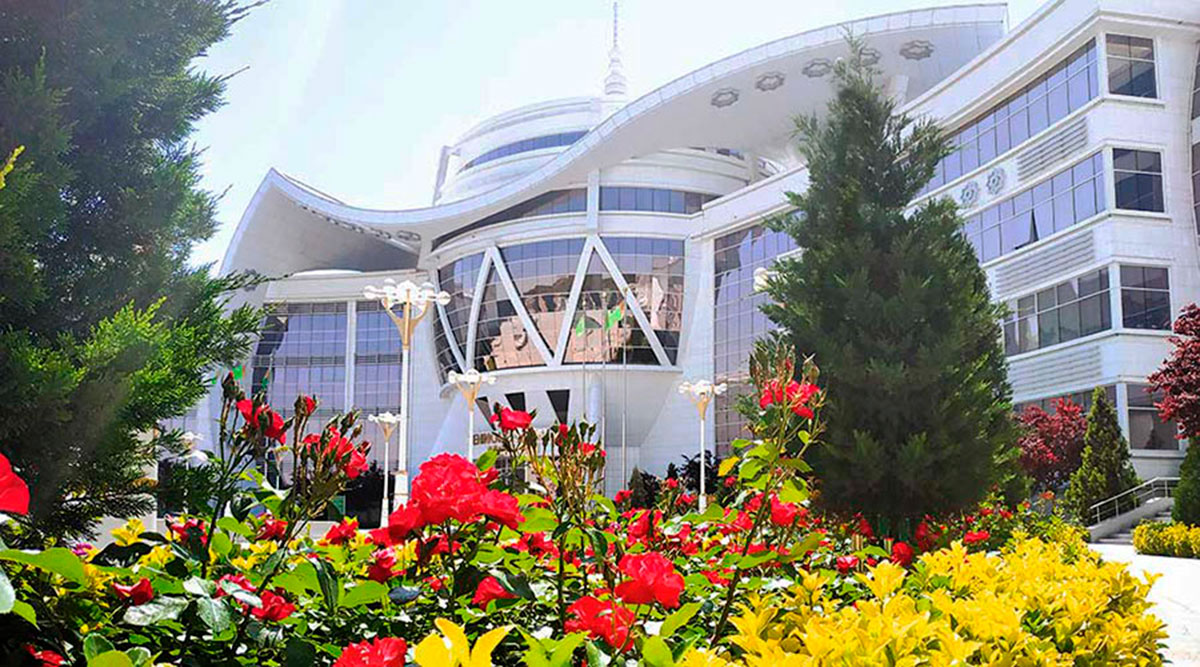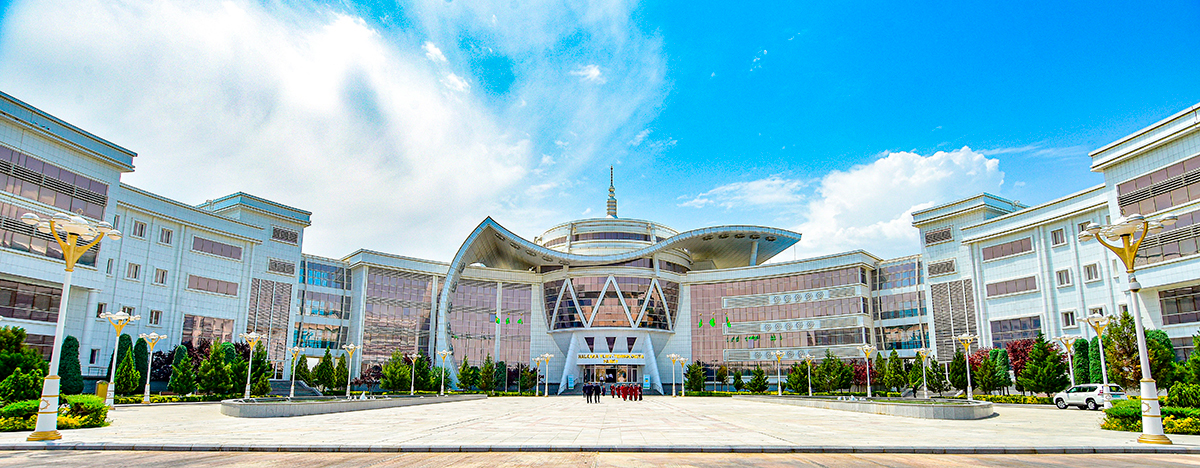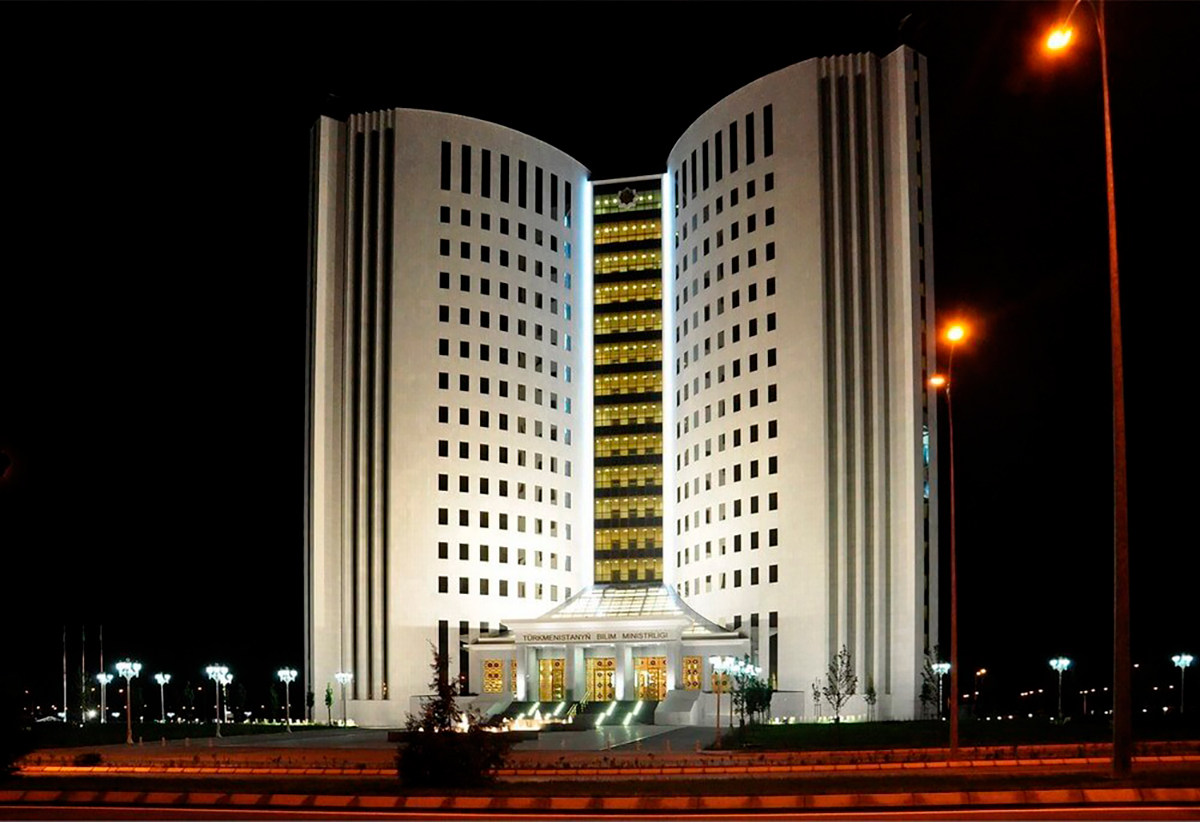The State Intellectual Property Service of the Ministry of Finance and Economy of Turkmenistan registered and issued a certificate to the Biotechnology Department of the International Scientific-Technological Park of the Academy of Sciences of Turkmenistan for the copyright on "Development of Bionanocomposite Material Technology Based on Blue-Green Algae (Cyanobacteria)."
This development relates to biotechnology and can be used for zoo- and phytomelioration of eroded sandy and desert lands in arid zones. It aims to combat desertification, wind erosion and sand migration. The material can also be used as raw material for building materials and bioproducts.
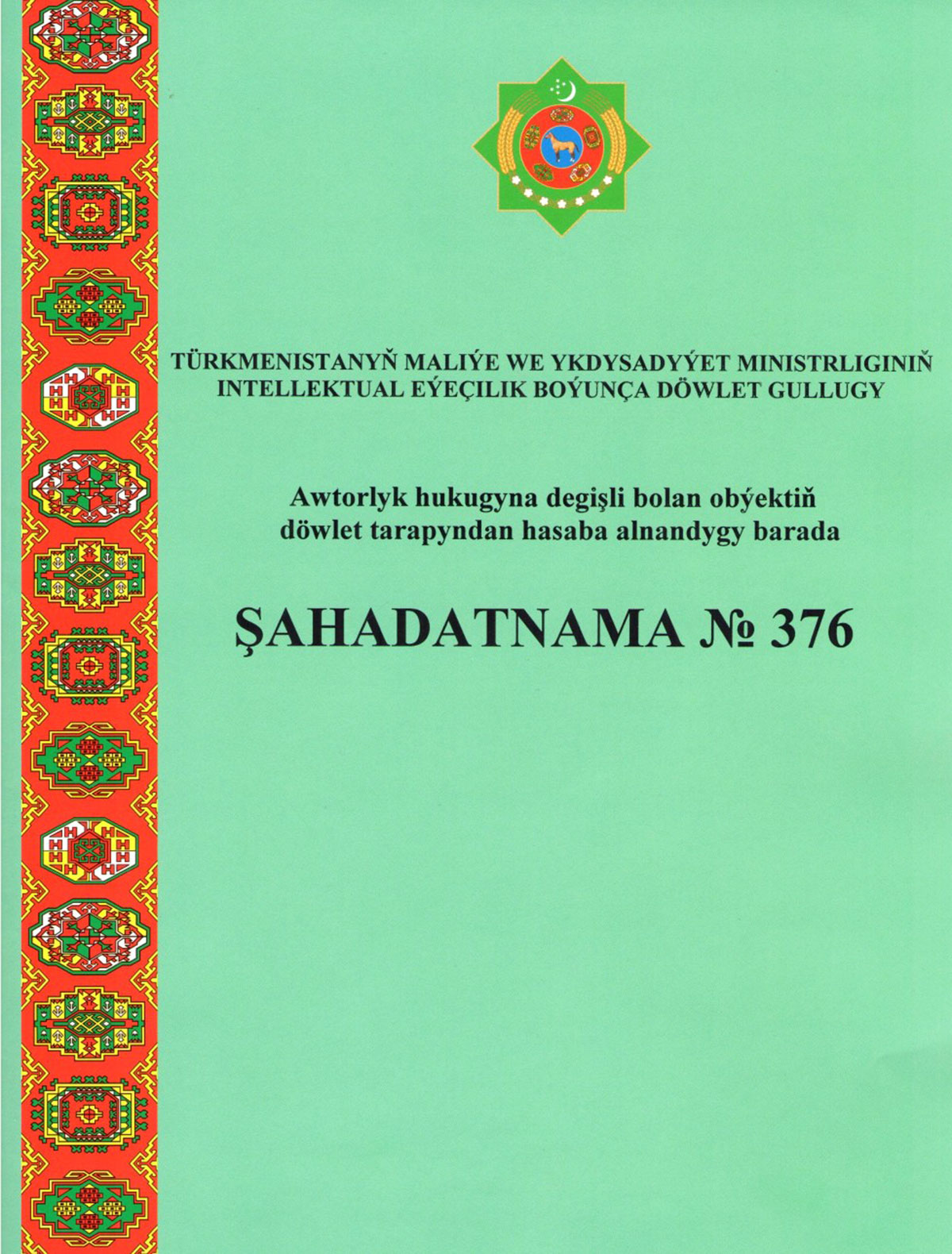
"Drifting sands cause significant damage to the national economy, often covering agricultural lands, rivers, reservoirs, canals, transport highways, irrigation facilities, and other objects. Therefore, combating wind erosion and sand stabilization are important tasks. We propose an effective method to combat desertification based on using blue-green algae (cyanobacteria)," says Altyn Rakhmanova, head of the Biotechnology Department at the International Scientific-Technological Park.
Cyanobacteria play an important role in soil ecosystems by participating in biochemical processes, accumulating organic matter and nitrogen, breaking down minerals, and distributing elements. Their activity contributes to environmental changes and soil formation, especially through the formation of various growths on its surface.
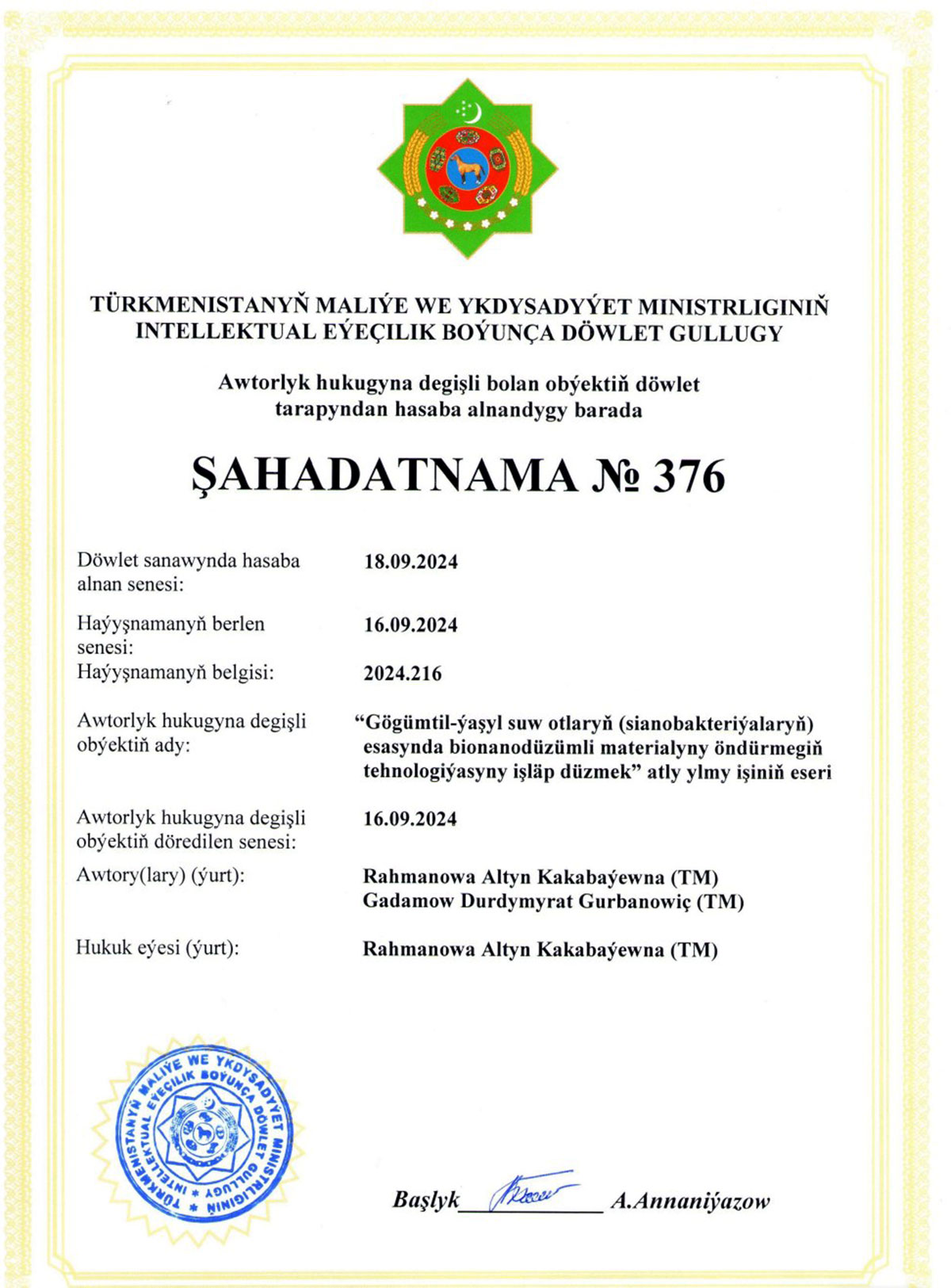
Innovative methods and a new perspective on biotechnology in arid ecosystems will help preserve biodiversity and transform deserts into fertile lands, benefiting both nature and human societies suffering from desertification.
Turkmenistan actively combats land degradation in accordance with the UN Convention to Combat Desertification and the National Action Program to Combat Desertification (NAPCD), which includes reforestation activities. The National Forest Program places special emphasis on afforestation of sand masses around settlements, industrial and infrastructure facilities located in the Garagum Desert.
In May 2024, the President of Turkmenistan approved the State Program for the Comprehensive Development of Biotechnology in the country for 2024-2028, one of the directions of which is the study and application of algae.
The use of biotechnology for developing new materials is a promising and effective solution. Such technologies can be used in various life spheres, allowing for both small-scale and large-scale production. Moreover, they can be easily automated and controlled, making the process more efficient.




